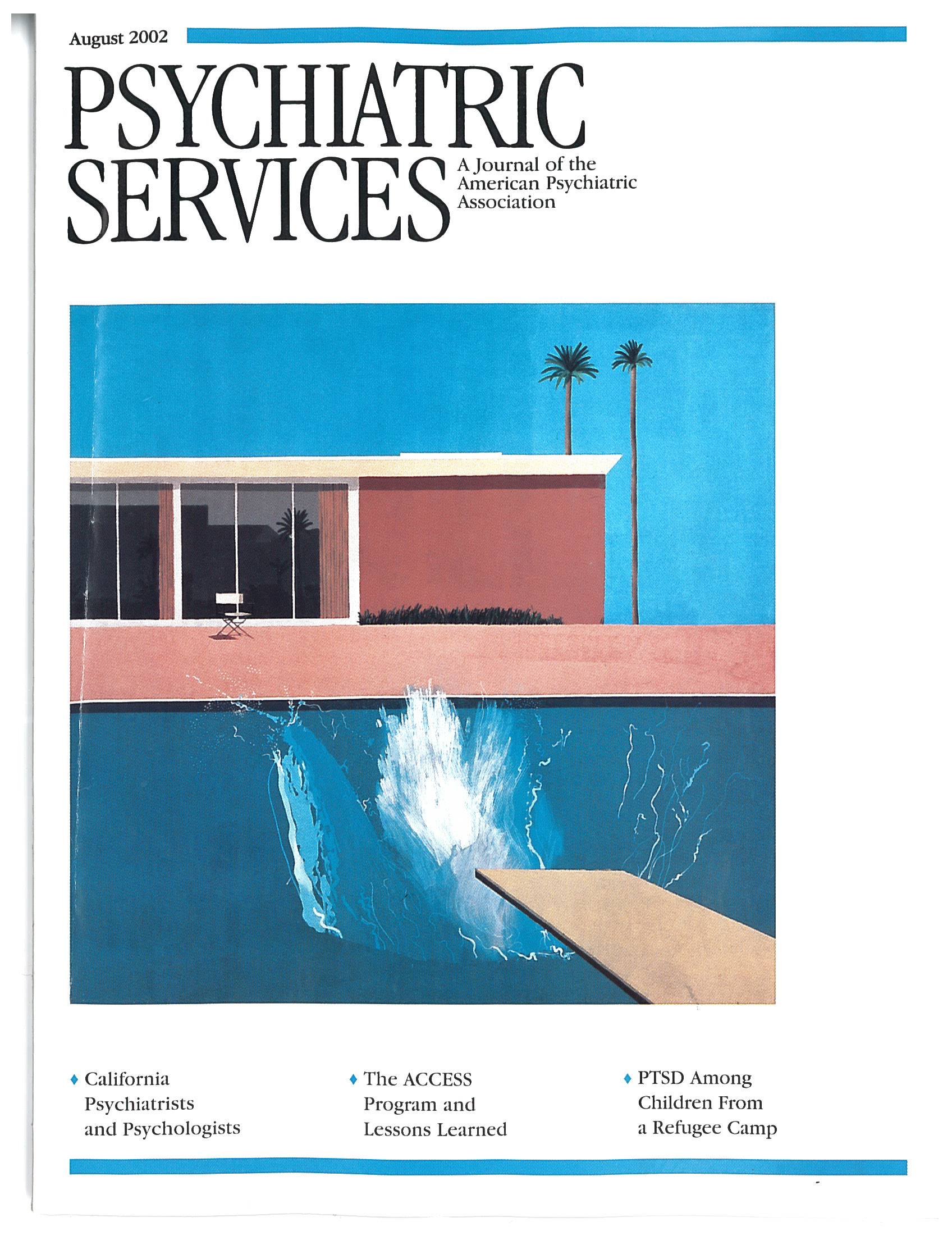This wide-ranging book is built on the author's experience as an educator, manager, and consultant in the fields of disability policy and theory and community support. It does not appear to have been intended as an introduction to these fields but rather as a resource book as well as a reference book for use in the development of training related to the support of broad community participation by people with disabilities.
Although the author's focus is on people with developmental disabilities, she makes it clear that she is advocating for training, education, and information diffusion that will encourage the development of generic or generalist community development workers who, while sensitive to the mode of person-specific planning, also look beyond individual needs to consider the needs of the community as a whole. In the concluding chapter, she emphasizes that "universal" support services should be generic and broadly competent and inclusive rather than categorical.
This is not an easy book to read, and the chapters at times seem amorphous and redundant. The writing style is notable for long, poorly punctuated sentences, with many lists of examples following any abstraction. The text is densely referenced, which well serves the book's role a reference text, but the frequent use of parenthetical citations instead of footnotes can be distracting to the reader who is pursuing the material more than its sources.
Part of my problem in following the text was that I am not familiar with the literature it covers. I was struck by the absence of citations from the psychiatric literature, although it is consistent with the author's position that professional services in the medical model, driven by federal health care dollars, are competitive with and suppressive of the development of a broadly competent community support and development workforce.
The heart of the book lies in several chapters that describe various training and academic curricula. These chapters contain a great deal of detail, and they might have been better edited to suit the purpose of description, but they present an interesting variety of approaches.
The other chapters are more readable. They cover systems change, research paradigms, the role of universities in technical assistance and field training, and academic theories of disability. In reading these chapters I learned that a brokerage model of community support, which unbundles the generic support role from specific services, remains a viable and even favored model in nonmedical community support theory. This is not the case in the current psychiatric case management and community support literature, in which the brokerage model seems to be in the process of being discarded. It is particicularly helpful to understand this difference if one is seeking to create a liaison between these different systemic points of view.
I will use this book as a resource to guide my introduction to the literature of the disability and community support movements.

